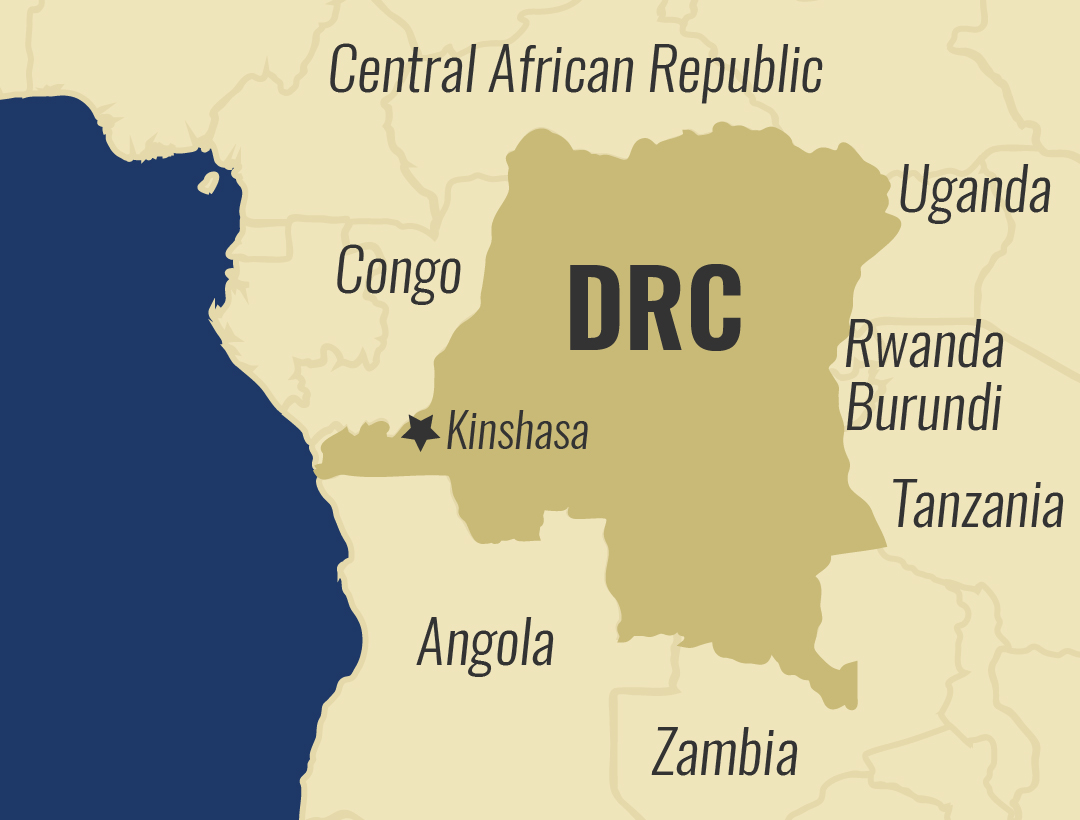Faces of Africa – Be My Eyes, Part 2
WHO reports that an estimate of 36 million people are blind and 217 million have moderate to severe vision impairment globally. Cataracts are attributed to ageing, children born with the condition, inflammation, eye injuries or diseases. In the developing world, many remain blind from cataract because of lack of access to proper eye care and economic issues.
For Amandine Uwiyeze, a Burundian orphan, a road accident ten years ago made her go partially blind due to the development of a cataract in her right eye. She is going for an eye surgery to have it removed. Dr. Chen Yanjun, an ophthalmologist from China, together with her team will be carrying out the surgery. This is the seventeenth team in Burundi. It is an ongoing project. So far 200,000 patients have gained better eyesight.
Carried on two bicycles, Amandine together with her long-time friend Regina head to Hospital Prince Régent Charles.

Amandine frets, “I am really worried. What if something bad happens during the operation? Or I get complications after it. That scares me”.
Before the operation, an eye drop is administered into Amandine’s eye. Eye drops before cataract surgery prevent infection, enlarge the pupil, and numb the area around the eye.
Also, Amandine has not had any food or water since the previous day. Not eating before a cataract eye surgery reduces the risk of stomach contents or acids going the wrong way down into the lungs while one is asleep. Stomach acid can cause lung damage.
Dr. Chen emphasizes, “That is the procedure. You have to wait until the operation is over before you can eat”.

The night after the surgery, Dr. Chen approaches Amandine who is seated with other already-operated-on patients in the hospital’s verandas. She opens her bandages to reveal the results of the surgery.
“I am very nervous every time after an operation and just before removing the bandages. I always worry that there might be a problem. As long as it is successful with no complications, I am really happy and even my food tastes better,” Dr. Chen worries.

Amandine lazily blinks twice. A smile plasters wide on her face, as she realizes her right eye vision has been restored. Her dreams have been restored. Using a tonometer, Dr. Chen examines her eye pressure and vision which are found to be good.
“What I want for my future is to continue my studies, get a degree so that I can work in a bank, have a family and a home, and raise my children who I would be able to see properly. That is my true vision,” Amandine effuses.

Dr. Chen’s two year mission in Burundi is ending. The whole team needs to return home.
She sobs, “Burundi is my second home. Every morning I wake up knowing I have one day less in Burundi. Every single moment here I hold onto very tightly”.
She takes off to her family in China.

At the end of it all, broken dreams are renewed. Amandine is going back to school and dreams of being an entrepreneur. Dr. Chen on the other hand, continues her mission for better eyesight and is also planning her next trip to Burundi.





